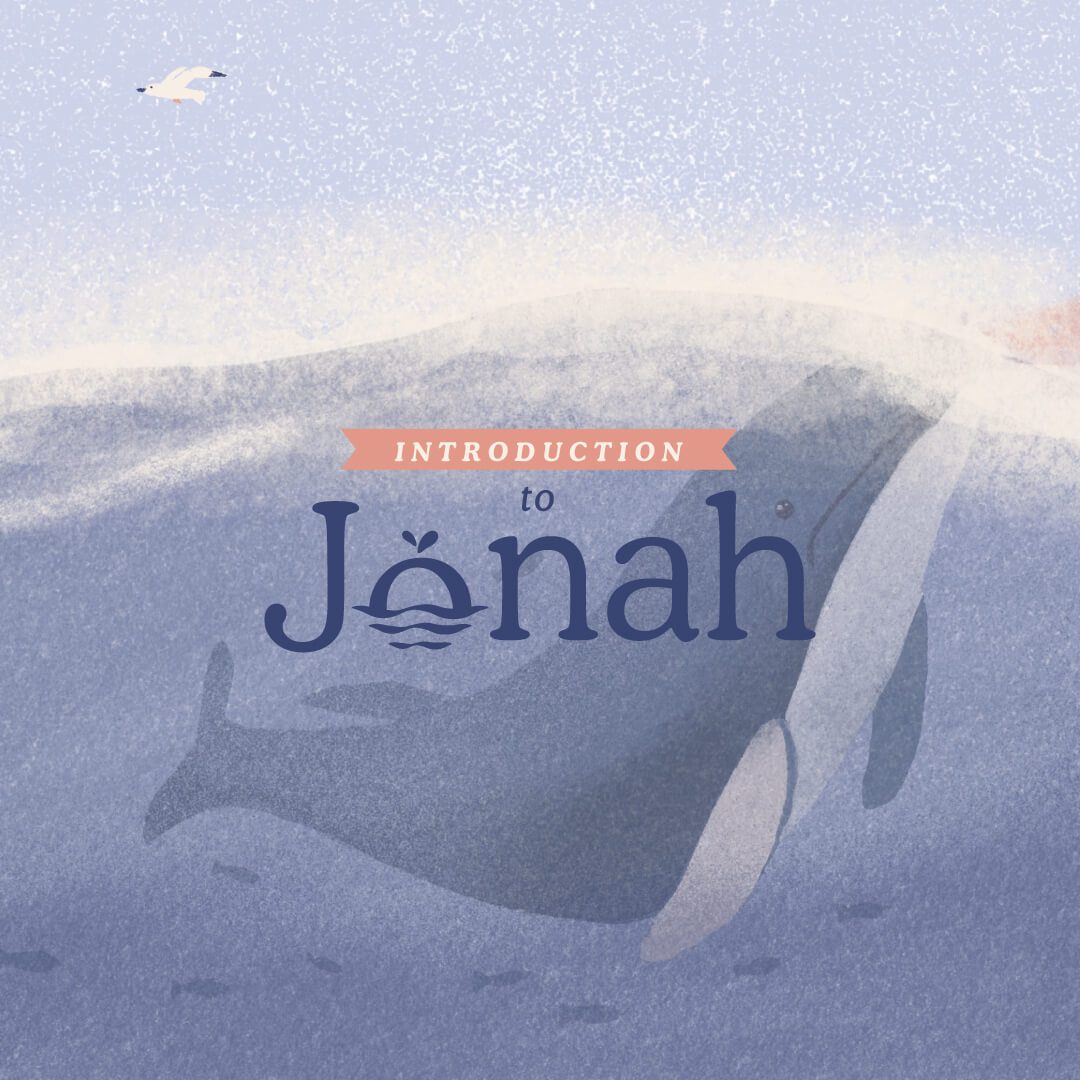
Jonah is one of the 12 Minor Prophet books in the Old Testament. What makes it different from the others is that it’s mainly a narrative (as the rest were mostly in poetry form).
While other prophets were proclaiming judgement against Israel’s idolatrous ways, Jonah’s prophecy for Israel (based on 2 Kings 14:23-28) was unusual as it pronounced peace and prosperity through border expansion despite the rule of an evil king.
Importantly, Jonah is said to be the first “missionary” sent by God to preach repentance to a foreign nation. As Assyria was weaker at that time and experiencing conflicts with other nations, this may have contributed to the people’s readiness to listen to God’s message.
Both of Jonah’s prophecies—for Israel and for Nineveh—highlight God’s compassion, showing how He chose to spare people from destruction in spite of their sinfulness.
Author
The book does not explicitly say that Jonah is the writer, though many scholars believed him to be given how detailed the story was. Most would agree that the book was written based on Jonah’s personal telling of his trip to Nineveh.
Period Written
The events in the book happened some time between 780-753 B.C. It’s said that the writing could have started as early as the middle of the eighth century B.C., though many scholars think it was completed in the third century B.C.
Key Themes
The story of Jonah points to God’s heart of compassion for all His creation, how He longs to save not just us, but also those who are different from us, those we deem “undeserving” of His grace, and even those who are against us.
The book also shows us:
- God’s control over all the earth (sending the storm, the fish)
- God’s persistence in getting His message across (calling the same prophet for the same mission twice)
- God’s willingness to forgive and withhold judgement when people repent
The book reveals both God’s abundant grace—slow to anger, abounding in love—and our need for humility and repentance. This includes how we struggle to obey God when we don’t trust His plans, our lack of compassion for what’s happening around us, and our self-centeredness that often leads to bitterness when things don’t go our way.
Having received God’s saving mercy ourselves, we are moved to realise that He doesn’t stop at forgiving us, but perseveres in shaping and moulding us to become vessels of His compassion for all people.
Outline
The book of Jonah is structured in such a way that there’s a clear parallel between the first half (Jonah 1-2) and the second half (Jonah 3-4).
I. God’s call and Jonah’s disobedience
- Jonah runs from God (1:1-3)
- God’s judgement and the pagan sailors’ response (1:4-16)
- Jonah’s prayer for mercy and God’s rescue (1:17-2:10)
II. God’s call and Jonah’s obedience
- Jonah obeys God’s call (3:1-3)
- God’s judgement and the pagan Ninevites’ response (3:4-10)
- Jonah’s prayer of anger and God’s compassion (4:1-11)
The parallels between the two halves of Jonah helps us recognise and think more deeply about this pattern in our relationship with God, whereby:
– God reaches out (gives us His Word, calls/convicts us through events, rescues us)
– We respond (disobey, obey, pray, question, surrender)
– And through it all, God continues to work deeply in us (disciplining us, discipling us)
References:
Notes on Jonah by Dr. Thomas L. Constable
ESV Study Bible
God in Pursuit: Lessons from the Book of Jonah by Robert M. Solomon


